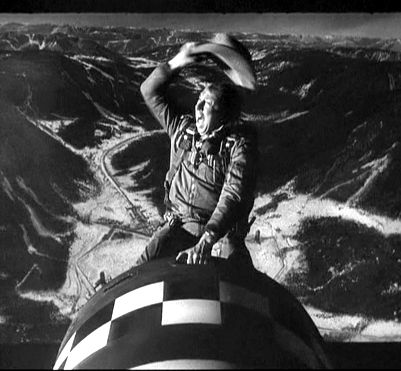In a Spiegel interview by Marc Hujer and Holger Stark, former NSA director Michael Hayden addresses what he feels is the chilling effect the Snowden leaks have had on the Internet globally. I think, like it or not, the world is ultimately stuck with the Internet and a new normal in regards to privacy. An excerpt:
“Spiegel:
On the one hand, the United States promotes the Internet as a tool of freedom. On the other hand, it now appears to many people to be a tool of surveillance.
Michael Hayden:
I am quite willing to have a discussion about what my country has or has not done, but it has to be based on facts. Let me first point out that the NSA doesn’t monitor what every American is doing on the Internet. The NSA doesn’t check who goes to what websites. But you’ve got these beliefs out there now.
Spiegel:
Your predecessor as head of the NSA, General Kenneth Minihan, compared the Internet with the invention of the atomic bomb. He said a new national effort should be dedicated to one single goal, ‘information superiority for America’ in cyberspace. It looks like you’ve gotten pretty close.
Michael Hayden:
We Americans think of military doctrine and ‘domains’ — land, sea, air, space. As part of our military thought, we now think of cyber as a domain. Let me define air dominance for you: Air dominance is the ability of the United States to use the air domain at times and places of its own choosing while denying its use to its adversaries at times and places when it is in our legitimate national interest to do so. It’s just a natural thing for him to transfer that to the cyber domain. I do not think it is a threat to world peace and commerce any more than the American Air Force is a threat to world peace and commerce.
Spiegel:
But do you understand if people in other countries are concerned about one country trying to gain “superiority” over something transnational like the Internet?
Michael Hayden:
I certainly do, and I thoroughly understand that. Now, other countries are creating cyber commands, but we were first, public, and very forceful in our language. We are now accused of militarizing cyberspace. Around the time US Cyber Command was created, McAfee did a survey of cyber security experts around the world. One of the questions they asked of them was, ‘Who do you fear most in cyberspace?’ The answer for the Americans was the Chinese. With the plurality of people around the world, it was the Americans.”

